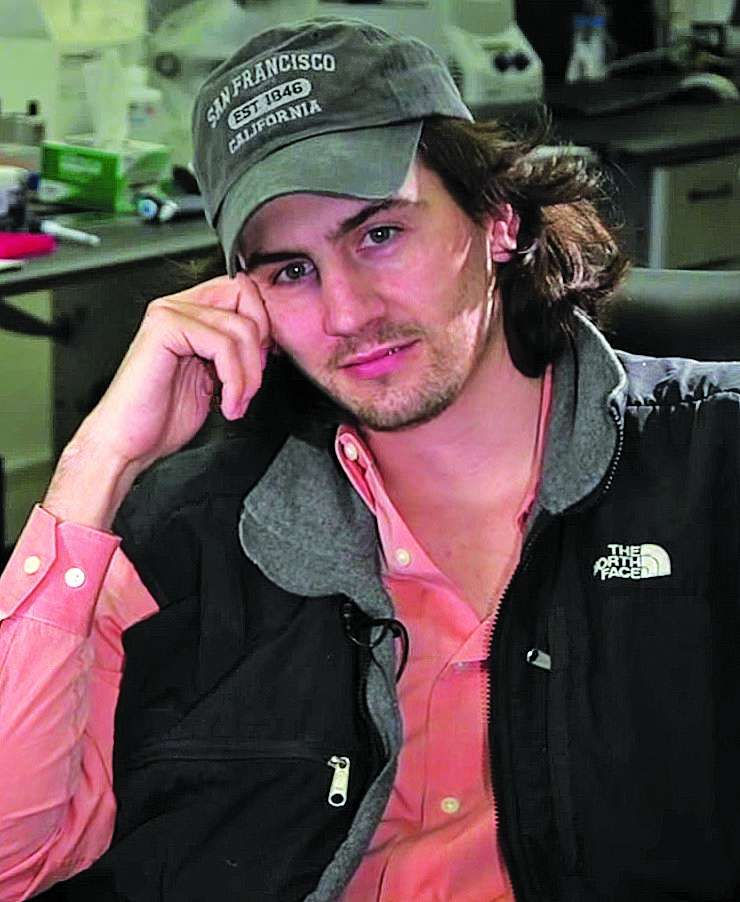Hacking Life
- OurStudio

- May 25, 2015
- 3 min read

Austen Heinz is founder and CEO of Cambrian Genomics, a company that does genomic sequencing and can "laser print" custom DNA. The implications of such technology could be profound, theoretically allowing people to design new, more efficient forms of animal life-if opponents of genetic modification don't get in the way. In February, Reason TV's Zach Weissmueller spoke with Heinz about his startup. To see more of the interview, click here or see below.
Q: What exactly is the product?
A: With [the 3D printing company] MakerBot, you'd print out, say, a plastic dinosaur. With Cambrian, the idea is eventually you'd be able to print out your own little dinosaur that actually walks across the table.
Q: Where are you in that development process now? What do you produce here in this laboratory?
A: Right now we produce DNA for the largest pharmaceutical companies in the world.
Q: Your company has dramatically brought the price point [of creating DNA] down.
A: It's directly related to a phenomenon I think everyone has heard of, which is DNA sequencing. Fifteen years ago, no one got their DNA sequenced because it cost $6 billion. Now that can be done by a machine that can read millions or billions of DNA strands at a time. We simply leveraged sequencing technology to reduce the price of making or writing DNA.
Q: How do you see 3D printing shifting the way science is done in America?
A: Virtualization is going to take off. You'll be able to go from idea to finished product without ever touching anything physical. That's not how things work now. You go to an academic lab, it's miserable. They're spending 90 percent of their time cutting and pasting DNA from different creatures they collect from across the country. We want that to be 95 percent design analysis and 5 percent manual work—if there's any manual work.
Q: How do you feel about the regulatory environment for genetically modified organisms [GMOs] and the biotech space?
A: In the United States, we're pretty open on plants but we're pretty locked down on people. You go to Europe and it's the opposite. In the U.K. they're having three-parent babies. In the near future we're going to have lots of humans walking around Europe who are genetically modified. What's also funny is that many of those people are going to be part of anti-GMO organizations. So you'll have a genetically modified organism protesting the existence of genetically modified organisms.
In time we'll likely need to print out and fix our DNA. The issue with that is, unless you have an identical twin, your DNA is unique. And it's wrong. Everyone will need to be fixed at some point [because] you'll get cancer or some other disease. How do we do that with the current regulatory environment? The [Food and Drug Administration] doesn't approve things one-off. They'll approve a small molecule that you can give to everyone on earth. But everyone's unique and that molecule won't work. It's got to be very specific [to the] individual. Now we have these tools that are very precise. With this machine we can sequence a whole genome in a single run, all of your letters. With the machine in the other room, we can print out all of the letters. That power never existed before. So regulation on the medical side of things is going to need to catch up to that.
Q: What excites you most about this technology?
A: We're getting really close to the point where we can not only know the code of everything that's alive on the planet, but could change it.




Comments